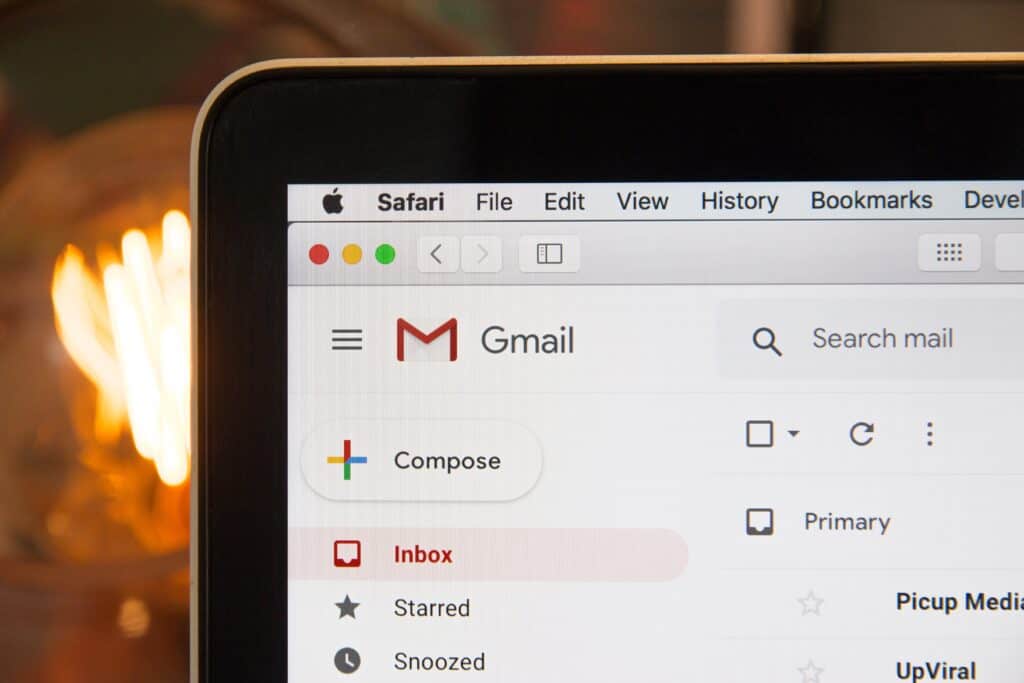Healthcare organizations use many different systems in today’s tech-heavy world. Protecting those systems and the information they contain — whether it’s patients’ records, prescription systems, management support software or computerized physician order systems — is crucial for healthcare cybersecurity.
Patients’ protected health information (PHI) has a particularly high price tag on the dark web, meaning hackers see the healthcare industry as a potential jackpot for stolen data.
In this blog, we’ll go over several main ways that healthcare organizations can step up their cybersecurity practices.
[Related: The Importance of Cybersecurity for Engineering Firms]
Begin Staff Cybersecurity Training
Cybersecurity training is extremely important for employees in any industry.
For starters, it helps staff recognize the signs of an impending data breach and empowers them to make the right decisions.
Furthermore, the HIPAA Privacy rule mandates that providers train employees on cybersecurity. Specifically, HIPAA requires that a practice “train all members of its workforce on the policies and procedures with respect to PHI.”
Regular best-practices training ensures your practice is well equipped to recognize threatening situations where PHI warrants special protections. Plus, ongoing training in healthcare cybersecurity is a major line of defense against future cyberattacks. Consider educating them on the fundamentals of cybersecurity, including the distinction between spoofing vs phishing attacks and more.
Keep Compliant With HIPAA and Other Regulations
As we previously mentioned, a vital component to healthcare cybersecurity is keeping compliant with the HIPAA Privacy Rule and Security Rule.
These mandates include a wide range of provisions to safeguard patients’ PHI and keep your practice secure. HIPAA guidelines ensure healthcare information remains safe. Additionally, they illustrate policies and procedures for managing this information from administrative, physical and technical perspectives.
When your healthcare practice partners with a managed IT service provider, they can help your practice keep up to date with all the current laws and guidelines. Furthermore, they ensure you remain compliant — and your information stays secure.
[Related: Accounting Firms’ Guide to Safeguarding Client Data]
Focus on Password Strength and Management
Passwords are easy targets for hackers. That makes them some of the most serious weak points for industries handling large amounts of confidential information, like healthcare.
Require that your staff regularly change their passwords, and consider adopting a company-wide password management system that stores and generates unique passwords. Many of these systems can even allow for secure sharing and storing among employees.
Practice Email Security
Email is a primary means of communication within the healthcare spheres.
First, email communication deals with all sorts of valuable information, including financial data, patient info and intellectual property. As a result, email security is paramount when it comes to healthcare cybersecurity.
Phishing is especially common within healthcare practices. This type of cyberattack occurs when a hacker disguises an email to make it appear as though it comes from a trusted source. The hacker then asks for confidential data and/or provides malicious links or attachments.
Here are some best email practices in healthcare cybersecurity:
- Avoid clicking suspicious attachments or links.
- Be cautious of messages that seem extremely urgent.
- Always hover over an email’s display name to see the sender’s actual email address.
- If you’re suspicious of an email message, contact the sender through another platform to double-check.
Monitor Vendor and Third-Party Access Management
Healthcare organizations almost always rely on a number of third-party vendors and contract workers for help with their daily operations. With all those points of contact, organizations are much more vulnerable to serious cybersecurity concerns.
For example, if third parties have lax security policies, it can create a huge problem. Keep vendor credentials secure, and always ensure your practice or organization gives hired third parties minimum access to do their jobs.
[Related: 6 Essential IT Solutions for Schools]
Conduct Regular Risk Assessments
In terms of cybersecurity, practicing proactive prevention is just as important as knowing what to do when something goes wrong. Conduct regular risk assessments in your healthcare organization to identify security vulnerabilities and weak points.
Knowing your risk level allows you to pinpoint any shortcomings in your employee training programs and other areas of concern. Risk assessments also help you identify and mitigate potential data breach risks.
Partner With a Managed IT Services Provider Like CMIT Solutions
If you work in the healthcare industry, you should make cybersecurity one of your top priorities. It’s not just smart — it’s part of critical HIPAA regulations.
But instead of worrying constantly about threats, partner with a managed IT services provider like CMIT Solutions of Bellevue.
CMIT Solutions can streamline your cybersecurity processes and keep your healthcare practice ahead of the game regarding data security. From providing around-the-clock system monitoring and IT support to facilitating cybersecurity training, we’re here for you.
Want to learn more about what we have to offer? Get in touch with us today and see how our cybersecurity services can help your practice thrive.
Featured image via Unsplash






